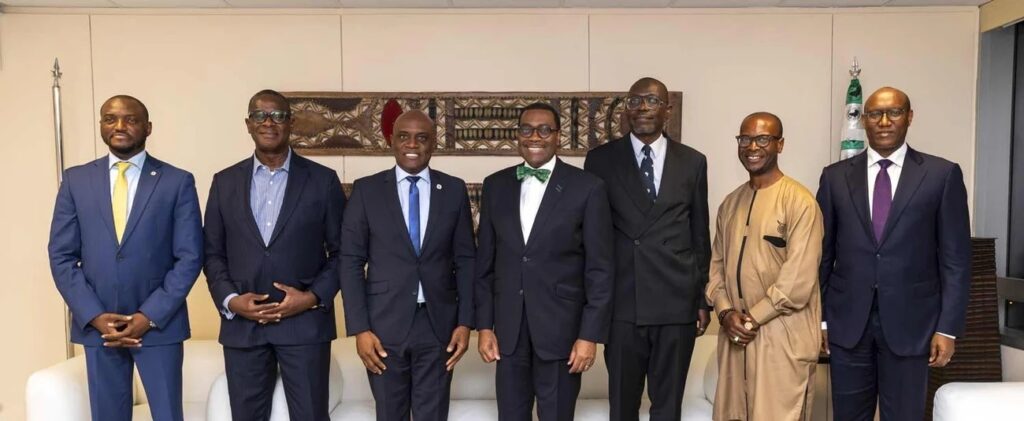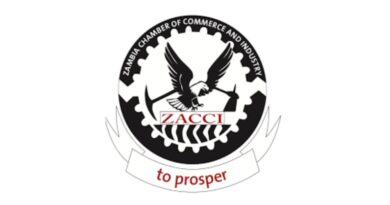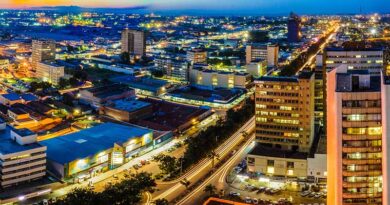Rwanda to Launch Sub-Saharan Africa’s First Urban Cable Car System with AfDB Support
The African Development Bank (AfDB) has approved a $500,000 grant for a feasibility study on a pioneering urban cable car transport network in Kigali, Rwanda—the first of its kind in sub-Saharan Africa. The initiative, spearheaded by Ropeways Transit Rwanda Ltd (RTRL), aims to revolutionize urban mobility, reduce traffic congestion, and cut carbon emissions in the Rwandan capital.
The Kigali Urban Cable Car Project will span 5.5 kilometers and is projected to cost $100 million. Phase 1 will include two key transit corridors: Nyabugogo Taxi Park to the Central Business District (CBD), and Kigali Convention Center to Kigali Sports City, connecting major landmarks such as Amahoro Stadium, BK Arena, and Zaria Court.
“This transformative project aligns perfectly with the Bank’s vision for sustainable, green, climate-resilient urban mobility infrastructure,” said Dr. Akinwumi Adesina, President of the African Development Bank Group. He emphasized that the initiative supports the Bank’s Ten-Year Strategy and the Alliance for Green Infrastructure in Africa (AGIA).
The feasibility study, funded through the Bank’s Urban and Municipal Development Fund (UMDF), will assess project viability and help attract global investors through platforms such as the Africa Investment Forum (AIF). It will also draw insights from successful cable car systems in La Paz and Singapore.
Solomon Quaynor, AfDB’s Vice President for Private Sector, Infrastructure, and Industrialization, hailed the feasibility study as a “game-changing milestone” in green infrastructure development.
The cable car system, expected to begin construction in late 2026 and launch in 2028, will carry over 50,000 passengers daily. It is designed with inclusivity in mind—prioritizing access for disabled persons and promoting employment for women and low-income residents.
Imena Munyampenda, Director General of Rwanda Transport Development Agency, confirmed that the project will follow a Public-Private Partnership model. Rwanda’s E-mobility Strategy, Green Taxonomy, and Climate and Nature Finance Strategy (CNFS) will anchor the project’s design and delivery.
Blended financing will fund the project, with contributions from development partners, the private sector, and institutions such as the International Finance Corporation (IFC), Africa50, the Trade and Development Bank (TDB), and the Africa Finance Corporation (AFC).



